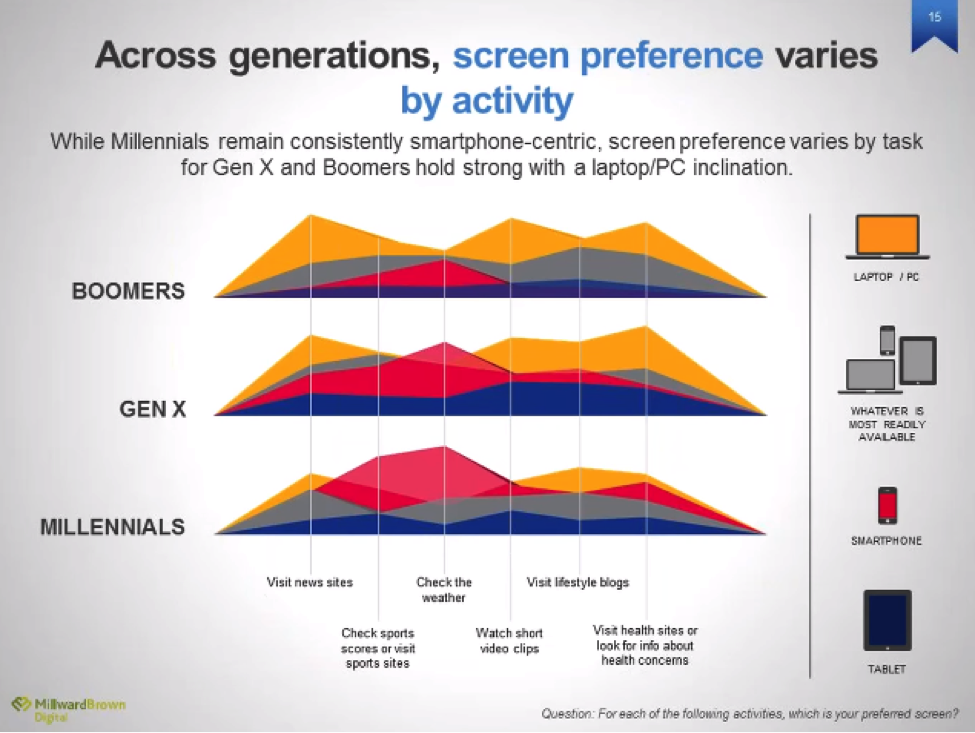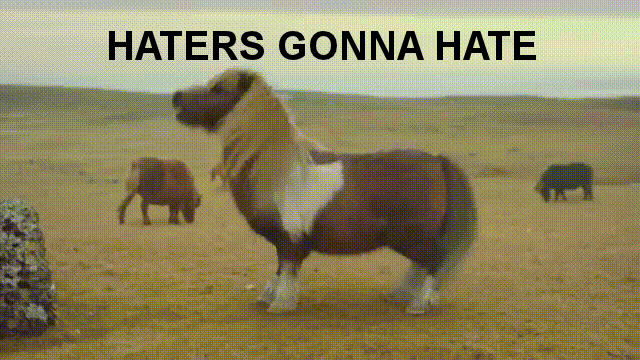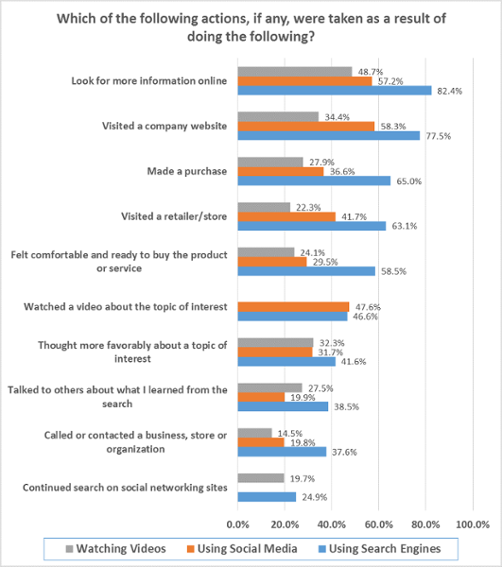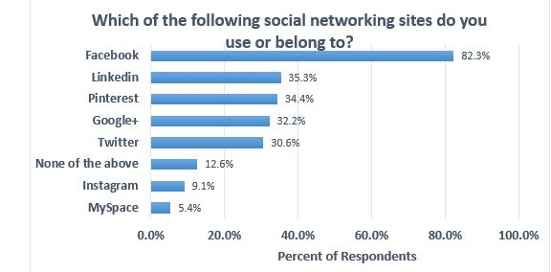It’s taught in Marketing 101 that any product or service can be marketed to one of three major generational segments:
- Baby boomers: People born between 1946 - 1964
- Generation X: People born between 1964 - 1980
- Millennials: People born between 1980 - 2000
While the marketing world has been obsessed with appealing to millennials for some time now, studies show that it’s actually baby boomers who control more than 70 percent of the nation’s disposable income. Since baby boomers are now entering their post-career lives, this opens a grand opportunity for marketers to reach 74 million baby boomers who are about to have loads of free time to shop and buy things.
With baby boomers making up such a massive segment of the consumer population, it’s essential for practically every business to know how to speak to their wants and needs. Here’s how to market to baby boomers successfully:
Computers are still the way to go
Even though marketers have been preoccupied with taking things mobile to reach the younger generation, baby boomers still prefer to shop online via computers and laptops as opposed to phones and tablets.
A Millward Brown Digital study found that 31 percent of baby boomers use laptops or PCs to shop online. Although one in four say they use their mobile phone.

Baby boomers marketing trends
Noticeably, baby boomers use laptops and PCs far more often than the younger generations for activities such as visiting news sites. This, of course, is worth calculating for your own business’ website.
2. Baby boomers take their time to buy
Part of the reason why baby boomers prefer to shop online with their laptops and PCs is that they don’t make purchasing decisions lightly. Unlike millennials, baby boomers are far more hesitant to buy things on a whim. They treat each purchase as a commitment. This means they’re far more willing to read the fine print and thoroughly understand all the nitty-gritty details of what they’re getting themselves into before they make a purchase. And of course, it’s far easier to do all of this reading on a large desktop monitor as opposed to a tiny cell phone screen.
With their willingness to do their due diligence when it comes to researching what to buy, gimmicky marketing tactics that rely on impulse are far less effective than they usually would be. Instead, you should be putting in the extra time and effort to show that you have a superior product that’s worth their while. Remember, they are willing to do the research, so you should be willing and even delighted to systematically break down all the reasons why they should buy from you. Give convincing reasons why and they will.
3. Don’t be afraid to get them to read
With people’s attention spans shorter than a goldfish's and getting ever shorter by the year, using long strands of text has become a taboo in marketing. Instead, marketers are resorting to more emotion seeking videos and pictures to replace plain old text. While this may be a good idea for targeting younger generations, baby boomers actually grew up reading newspapers and books which makes reading more of a hobby than a chore in their eyes.
Instead of using short and concise copy, baby boomers appreciate it when you spell things out for them. Make sure they have the chance to dig into all the fine details of what you have to say. At the same time, don’t bother using slang or short abbreviations. While they might understand that a PC is a computer, baby boomers won’t always understand fancy technology jargon that millennials would grasp instantly.
4. Understand what makes them laugh
Humor is constantly evolving. The rise of the internet has led to entirely new forms of humor like trolling, gifs, and memes. While some baby boomers do appreciate these newfound forms of entertainment, many of them don’t, so be careful and selective when incorporating humor into your marketing efforts.

It’s also wise to avoid any jokes that might require background knowledge of a recent internet trend or fad. Most baby boomers aren’t going to pick up on that type of stuff.
As a rule of thumb, you should always test jokes with the demographic you’re trying to market to first before you actually commit to any major changes to your marketing strategy. In an ideal situation, you’d probably want an actual baby boomer on your marketing team who can help ensure that you’re on the right track.
Check out Keap's Lifecycle Automation Assessment to determine where your business stands among the industry's top performers.
5. The best online marketing channel is search engines
In a study done by DMN3, baby boomers were asked about what forms of marketing prompted them to take action in a way that would potentially lead to purchasing something. Here are the results:

Most effective channels for marketing to baby boomers.
Using search engines scored higher than watching videos and using social media in every category except for one, making it by far the best digital marketing channel among the three. Of course, utilizing search engines as a marketing tool can take on many forms. There’s PPC advertising to baby boomers that can be done with Google AdWords as well as search engine optimization (SEO), which can be done with proper keyword targeting.
6. Don’t ignore social media
While search engines are super effective, using social media to target baby boomers shouldn’t be completely overlooked. In fact, according to the DMN3 study, 82.3 percent of baby boomers belong to at least one social media site, with Facebook being by far the most popular one.
Here’s how baby boomers react to the information shown to them on social media:

How baby boomers are using social media.
With a majority of baby boomers visiting a company website or continuing their research via a search engine, social media is still a very reliable way of reaching baby boomers. What’s more, social media sites like Facebook and Twitter allow marketers to narrow down their target market and hone in on specific segments of the population. This ability makes it very convenient for marketers to target baby boomers specifically if that’s their intended goal.
7. Avoid even hinting that they’re “old”
Being called “old” is perhaps the biggest pet peeve among the baby boomer generation.
Just recently, my resume writing business had a client in his 60s who was concerned about being discriminated against in the job market due to his age. During a conversation he had with one of our professional resume writers about how to address the issue of being “overqualified,” our resume writer brought up one suggestion that the client could consider, mentioning that he could “hide old age by using a functional format instead of a chronological format.” What happened next? The client immediately lashed back saying he wasn’t old and then demanded a refund.
Even when it was the client who brought up the issue of age, to begin with, he was still very upset when he was called old in a situation where the resume writer was simply throwing out ideas that could help make him seem younger to potential employers. When in doubt, simply avoid talking about a baby boomer’s age, and if anything, make them feel younger than what they actually are.
Peter Yang dreams about marketing in his sleep. With his vast experience in marketing and human resources, he co-founded a company offering resume and cv writing services. His team of professional resume writers help guide individuals through the job search process. He also co-founded a company that offers interview coaching and training. With over 20 years of working experience, he heads the marketing operations of both of these companies and wishes to share what he’s learned with readers at Keap.


